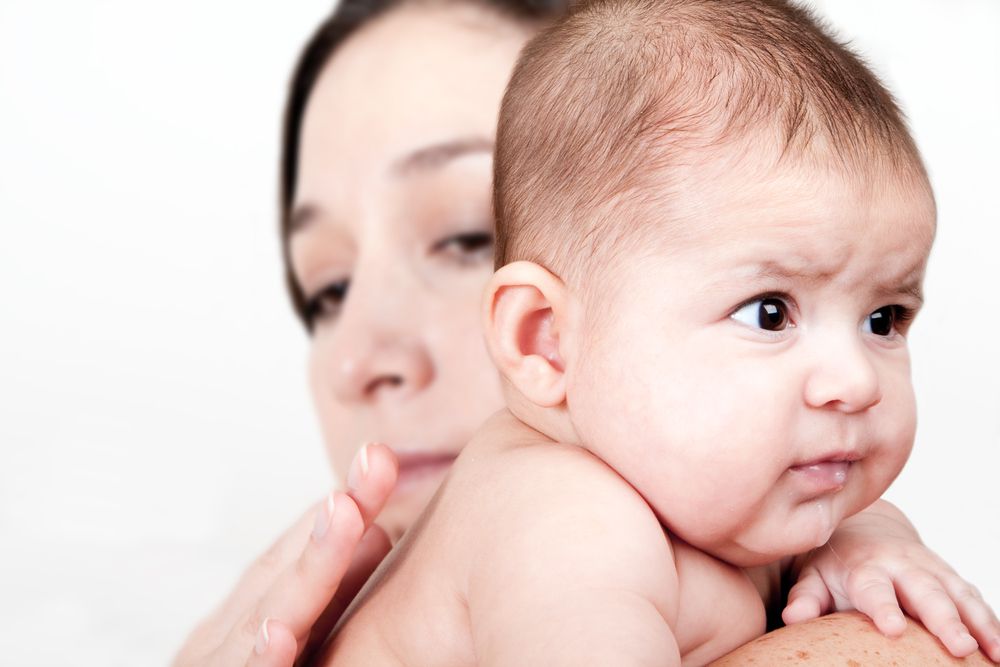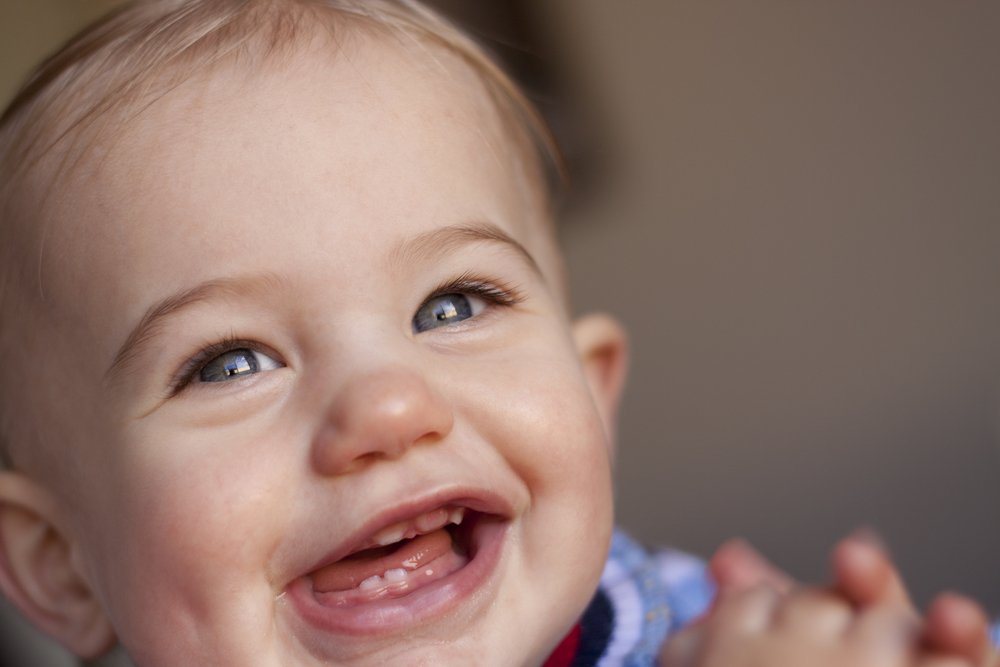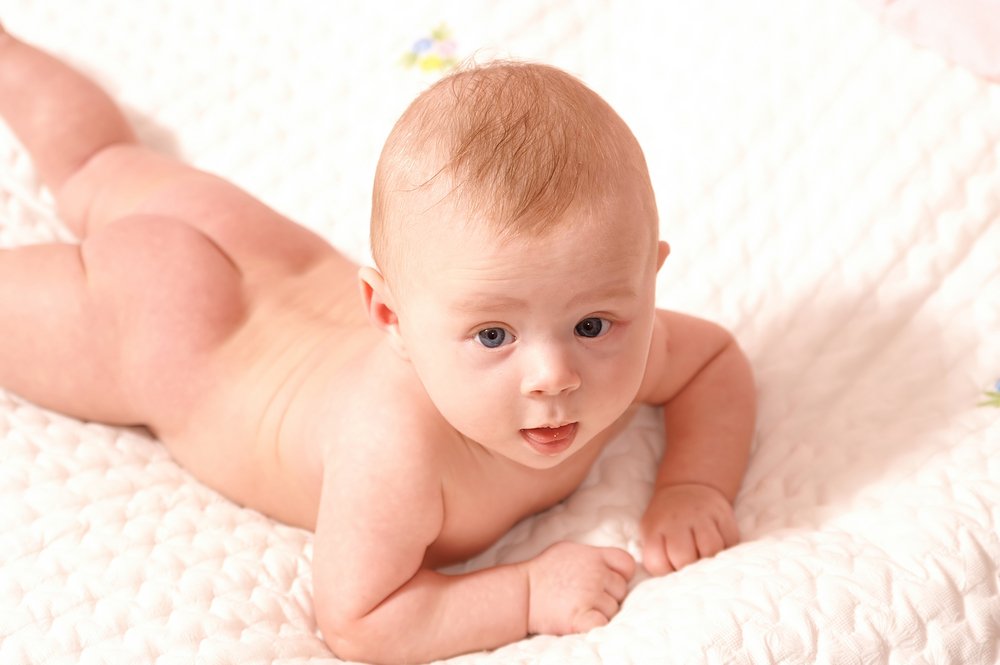How do you know if a baby has epilepsy? Babies are just beginning to learn about the world, can’t talk, and don’t behave like adults. Primitive reflexes control a baby’s movements, which can seem very unusual, so it can be very difficult to detect symptoms, to distinguish abnormal movements and behavior from the norm.
Even medical professionals find it very difficult to recognize the symptoms of epilepsy in infants. But here are some common symptoms to be aware of: they may indicate that a child has epilepsy.
Partial seizures.
Epilepsy is also known as a seizure disorder because it is a condition characterized by seizures. There are two main types of seizures, which also encompass many other types of seizures – partial and clonic seizures.
In partial (“partial”) epilepsy, the neurological disorder usually affects only one or two small areas of the brain. This can lead to focal seizures, which can be simple or complex. The child will remain conscious during a simple seizure, but may lose consciousness completely during a complex seizure.
Simple seizures are quite difficult to detect in a child, but during complex seizures, your baby’s behavior may become strange and erratic-more erratic than usual-so watch for behavioral changes that seem unusual.
Clonic seizures

Clonic seizures are the other major group of seizures, and they are more serious. Clonic seizures are also called generalized seizures because they arise from a neurological disorder affecting the entire brain, not just certain areas of it. Therefore, it is clear that the result, the seizure itself will be – or at least appear to be – much more severe and distressing for parents, unlike partial seizures, whose symptoms can be quite mild.
Important to know!
This does not necessarily mean that such seizures will last – they may only last a minute or so. In infants, they rarely occur very often and usually go away on their own, or they may stop recurring.
The symptoms are essentially convulsive movements-excessive twitching-that are certainly out of the norm. But these symptoms also reflect signs of various other neurological disorders that occur in infants and toddlers, so it is important that you fully describe everything to your doctor (and if possible, you should videotape the seizure).
Fact!
Febrile seizures, occurring with a high body temperature, are found in about one in thirty children. Are they related to epilepsy?
Danish scientists have reported a pattern: children with frequent febrile seizures are more frequently diagnosed with epilepsy. Thus, on average, epilepsy occurs in 2.2% of all children. But in children with one attack of febrile seizures it is detected in 6.4% of cases, with two – in 10.8%, with three or more – in 15.8%.
Infantile spasms (infantile seizures)
Infantile spasms occur during the first year and can indicate many things, including epilepsy, in which case they will follow a pattern of seizures.
Again, it can be very difficult to see if the child has these spasms because many of his movements are quite random. They are characterized by sudden involuntary movements, spastic movements where the muscles suddenly twitch. The spasms can become quite violent, which is a cause for concern.
Infants are still developing, so spasms, especially early on, can be a serious problem. Single spasms are possible, but they tend to occur in clusters at an early age and can be a sign of the onset of epilepsy. Read more about infantile spasms in a separate article.
Infantile Behavior

Even at a young age, one can notice that a child develops certain characteristics, certain behavioral traits. There are different types of behavior in children with epilepsy. Because epilepsy is essentially a neurological problem affecting either certain areas or the entire brain, this neurological problem can also manifest in different ways and can lead to other neurological problems.
Just keep an eye out if anything unusual appears, if you suspect serious developmental problems in your baby at an early age. When the infant grows older and becomes a toddler, he may have behavioral problems and a number of character traits may change because of epilepsy, for example, he may develop shyness, withdrawal, introversion, etc. because of embarrassment about his illness.
“Like Needles Stabbing”
The sensation of needles tingling the skin is a common sign that a cramp is about to occur. This is pretty obvious for older children. But how do you know if your baby’s skin is tingling? Babies can’t accurately convey this strange feeling. Instead, you’ll have to watch for changes in your baby’s behavior.
The baby may find this sensation very strange, which will make him/her very upset. This discomfort may also feel like itching, so the child may start touching or rubbing the affected area and itching. Another common sign is twitching. This sensation may cause the child to start twitching more than usual, kicking his legs and trying to “shake off the needles.
Feeling a strange smell and taste
This may seem a little strange, but it is certainly a symptom of epilepsy, or more specifically, the onset of simple partial seizures, during which the child remains fully conscious. People often experience strange smells and tastes before the onset of a partial seizure.
Because children find most things strange and most foods and smells a new experience, it can completely discourage them from eating. Imagine if you had a strange taste in your mouth or a strange smell constantly hovering around you, would you want to eat? Thus, if a child is not screaming and refusing to eat his usual food at the proper time, it could be one of the symptoms of seizures and epilepsy.
Strong emotions

This may seem ridiculous, since in children this sign is difficult to detect. Just because a child is laughing and really happy and then cries loudly half an hour later does not mean he has epilepsy. This is just one thing to look out for, which in combination with some of the other symptoms on this list may indicate epileptic seizures.
Sometimes babies will just cry, seemingly for no reason, get very upset about something, and then suddenly laugh and be in an upbeat mood the next minute. This sudden feeling of joy or fear is a sign that seizures may be just around the corner.
Pay attention if a child is suddenly upset about something that used to cause joy, and vice versa.
Muscle rigidity
A child’s movements are not yet fluid, not yet coordinated. Children usually seem rather angular in their movements until their bodies develop muscle coordination and reflexes. However, babies do move a lot; they tend to twist and wiggle as they explore their surroundings.
But one of the possible symptoms of epilepsy is stiffness and stiffness. This is one of those symptoms that is fairly obvious – if a child becomes immobile, it’s hard not to notice. Perhaps the child is just lying in the same position, his arms barely moving, and he just can’t seem to get out of that position.
This is a sure sign that something is wrong, not necessarily epilepsy, but it could be. See a doctor!
Twitching and flinching
Twitching or general flinching of the torso is quite common as a predictor of an epileptic seizure. It can be an arm, knee or leg twitch, even the face.
Again, the baby’s movements are pretty jumpy anyway, so it can be hard to tell the difference between something and the norm. Watch to see if it happens over a long period of time or in conjunction with any other symptoms, and what happens next. If the twitching is not cramping, just keep an eye on it, and if you see the muscles contracting when you do, report it to your doctor immediately.
Chewing and swallowing
Babies love to chew and chew on things. As soon as they start crawling, they pull absolutely everything in their mouths. This is especially true when their teeth start to erupt. So chewing is not in itself a sign of epilepsy.
But a lot of chewing combined with a lot of swallowing is a common symptom of epilepsy, especially in infants. Babies tend to chew things with their gums, but they don’t necessarily swallow while doing so. But if you notice that your baby is swallowing and swallowing quite often when he or she is not eating, it is a sure sign that something is wrong. Repetitive swallowing can occur on its own, or it can be the result of a seizure.
Rubbing pens

This type is associated with a tingling sensation on the skin. The child tries to rub the affected area. This feeling may result in a symptom such as frequent rubbing, as if washing the hands. It may occur because of the tingling, or it may not be related at all, but it is certainly a striking symptom.
It is not clear why the constant rubbing of the hands by children is manifested in epilepsy, but it is a fact. But it is certainly one of the symptoms to watch out for.
Researchers point out that such automatisms – automatic movements of unconscious hand rubbing – are the most frequent in the list of other automatisms in epilepsy. There may also be stomping, spitting, tapping, etc.
Random movements and sounds
This may seem rather vague in terms of symptom, because most of the things infants do seem strange and random. But over time, parents recognize certain sounds and movements the baby makes and learn to understand them.
Sudden random movements, especially convulsive movements that occur over a long period of time, perhaps several times a day, are a cause for concern, as are random sounds the child has not made before.
It is important to note that these movements and noises do not have to be caused by a change in activity or by something new appearing in the child. In epilepsy, they will be completely random, unusual and appear without reason.
The effect of absence
Babies are not always attentive or totally interested in what you say or do, but they at least pay attention because they are curious and want to communicate. That’s why it’s fairly easy to tell if a baby has absences, a type of seizure in which the child loses consciousness unnoticed and for a short time, perhaps just staring into space.
Absansional seizures are a type of generalized seizure, that is, the whole brain is affected, so the child may appear to be frozen during those few seconds. Because it affects both halves of the brain at the same time, absences occur quickly and at any moment – there is no real indication that an absentminded seizure is about to occur.
Fortunately, they usually last only a few seconds, and there are medications that can help prevent absences. We have written more about why such absences, seizures of “silent epilepsy” in older children often go unnoticed and what the dangers are, in a separate article.
Lip smacking

Babies smack their lips because they are hungry and want to eat, or perhaps right after feeding. But if the baby starts smacking his lips indiscriminately and the problem is not hunger or feeding, it could be a sign of the onset of an epileptic seizure.
This repetitive smacking of the lips to pay attention to may indicate a problem. Again, there is no real explanation as to why many people with epilepsy smack their lips when a seizure approaches-it’s just one of those things that tends to happen, one of those symptoms that show up in people with epilepsy, including infants.
Impaired reactions to loved ones
If you are trying to communicate with your child and getting no response in return, it may be a sign that a seizure is about to occur, or that the child has already had a seizure, possibly an abscence. Lack of response is important in determining the onset of an epileptic seizure and may even help identify a seizure.
This is one of the main ways to do it in newborns, because many of the other symptoms on this list are hard to detect-even medical professionals have a hard time trying to assess whether a baby has epilepsy or some other neurological condition, or if everything is okay at all.
Sources used
- Epileptic encephalopathies and similar syndromes in children / Mukhin K. Yu, Petrukhin A. S., Kholin A. A. – 2011
- Prognostic criteria of infantile spasms / Gaponova O. V., Belousova E. D. // Epilepsy and paroxysmal conditions – 2011
- Sleep-related hypermotor epilepsy: prevalence, impact and management strategies / Menghi V, Bisulli F, Tinuper P, Nobili L. // Nat Sci Sleep. – 2018
- Risk factors for the transformation of febrile seizures into epilepsy / Dolinina A. F., Gromova L.L., Mukhin K.Yu. Yu // Neurology, neuropsychiatry, psychosomatics – 2015
Read also:
- Goal setting for students, children and young peopleRemember when you learned how to set goals? If you have trouble answering this question, you are not alone! Most of us don’t spend much time thinking about how we set our goals. In fact, many of us don’t even think of goal setting as a skill; rather, it’s something we do without much thought.… Read more: Goal setting for students, children and young people
- Challenged children and their parentsConflict between parent and adolescent is an opportunity for communication. Conflict arises from two different ways of looking at the same issue. Young people and parents are often in conflict when they disagree about what is desirable, what is appropriate, what is right, what is wrong, what is allowed, what is needed, what has happened,… Read more: Challenged children and their parents
- Types of fun summer activities for childrensParents tried to make the pandemic easier for their children. Any technical rules and limits were almost off limits. We tried to keep them busy by binge-watching Netflix with them or enlivening family game night. There have been walks, bike rides and even tik tok video making. But let’s be honest, our teens got fed… Read more: Types of fun summer activities for childrens
- 13 Foods You Can Eat While PregnantAre you pregnant? Are you hungry? Looking for a snack that will make your tummy and baby happy? You probably hear this a lot: Eating nutritious food is very important when you are pregnant. We are here to make your pantry a one-stop shop for healthy and delicious food that will give your baby the… Read more: 13 Foods You Can Eat While Pregnant
- Coping with DementiaThings like forgetfulness, temporary confusion, difficulty remembering a name or word are a normal part of life. But when thinking problems or unusual behaviors start to interfere with daily activities such as working, preparing meals or checking your finances, it’s time to see a doctor. These can be signs of dementia, or what is commonly… Read more: Coping with Dementia
The articles on this site are for information purposes only. The site administrators are not responsible for attempting to apply any recipe, advice or diet, nor do they guarantee that the information provided will help or harm you personally. Be cautious and always consult a doctor or nutritionist!
*All products recommended are selected by our editorial team. Some of our articles include affiliate links. If you buy something through one of these links, you help us earn a small commission from the seller and thus support the writing of useful and quality articles.










